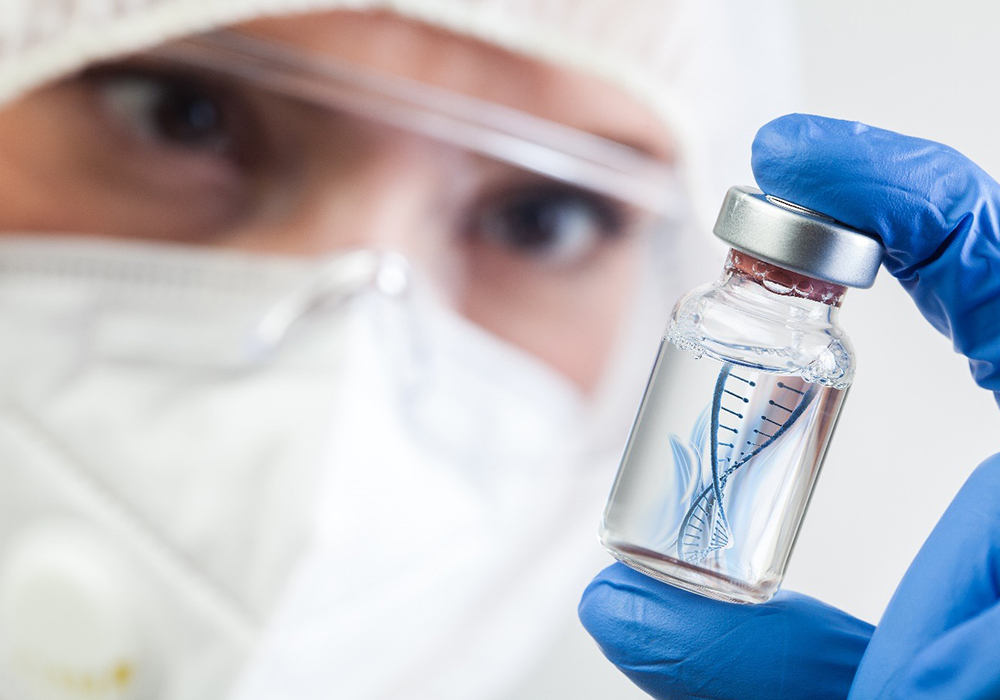More than 95% of germline genetic variants identified through genetic testing in patients with lung cancer are potentially clinically actionable, researchers reported in study findings during the 2022 ASCO Plenary Series Program, leading them to recommend testing all patients with the disease.
The researchers conducted a retrospective review of data from 7,788 patients with lung cancer who received germline DNA sequencing and exon-level copy number analysis from 2014–2022. Nearly 15% of the patients had an identified 1,503 pathogenic genetic variants in 81 known cancer-risk genes and 2.9% had a single variant in a gene associated with autosomal recessive inheritance.
The most common variants were BRCA2 (2.8%), CHEK2 (2.1%), ATM (1.9%), TP53 (1.3%), BRCA1 (1.2%), and EGFR (1.0%). Of the patients with variants, 61.3% involved a DNA damage–repair or homologous recombination–repair gene—making them potentially eligible for a clinical trial—and 95.1% of the identified variants were potentially clinically actionable.
“Recently, the National Comprehensive Cancer Network Guidelines panel recommended germline testing be considered for all patients diagnosed with colorectal cancer. Given the profound implications for both patients and their families that result from identifying pathogenic variants, our results suggest that all patients with lung cancer also be considered for germline genetic testing,” the researchers concluded.
ONS’s clinical practice resources for biomarker testing can help nurses and patients understand the testing options, processes, results, and cancer care implications.






